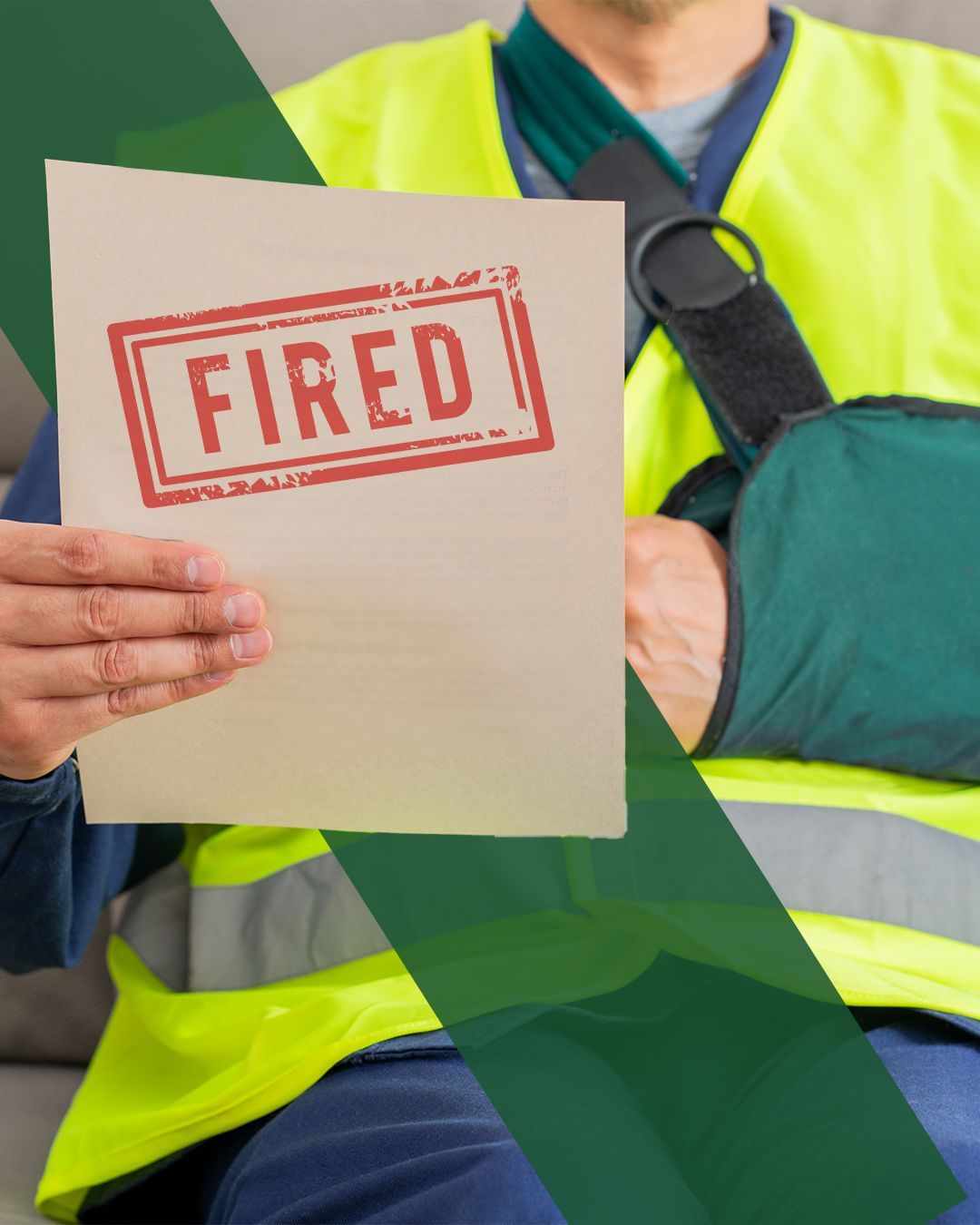How to Drive in Inclement Weather
Getting behind the wheel during harsh weather conditions can be treacherous. In fact, according to data from the Federal Highway Administration (FHWA), nearly 4,000 fatal crashes and over 301,100 injury crashes occur in adverse weather conditions annually.
Not only can adverse weather conditions impact visibility for drivers, but the harsh weather can also play a significant role in poor vehicle performance and negatively affect driver behaviors which can result in a deadly crash.
Any time you get behind the wheel, there is always a risk of an accident involved. However, bad weather can greatly increase this risk, and it's important to be always prepared for the unexpected turn of events.
Your safety is a priority to us; that's why our Luzerne County car accident lawyers provide essential tips for driving in various weather conditions to protect yourself in inclement weather and arrive at your destination safely.
Heavy Rain
Did you know that driving in rain and wet road conditions is one of the most hazardous weather to drive in? According to the FHWA, 70% of crashes happen on wet pavement, while 46% occur during rainfall.
Several contributing factors can cause driving in the rain to be dangerous. Wet road conditions can be very slippery and often cause reduced visibility for drivers.
During heavy rainfall, your vehicle's reaction time is significantly slower, and your tires may lose traction more easily, which often leads to hydroplaning or skidding across the road. To combat these wet adverse conditions, follow these tips:
- Turn your headlights on to improve visibility.
- Utilize windshield wipers.
- Maintain a safe following distance.
- Watch out for standing water to avoid hydroplaning.
- Watch your speed.
Fog
Compared to other adverse weather conditions, only 3% of crashes occur in the presence of fog. However, foggy conditions can still present hazards and lead to dangerous driving conditions due to poor visibility.
Fog can make it challenging for motorists to spot potential road hazards and make it difficult to judge driving distance and speed. If you find yourself driving in foggy conditions, here are some things you can do to ensure your safety.
- Reduce your speed.
- Leave an ample amount of space between you and the car in front of you.
- Use low beams and avoid using high beams, as they will reflect off the fog and make it harder to see.
- Stay alert and minimize all distractions. Driving in foggy conditions requires your full attention.
Snow/Ice
According to research from the AAA Foundation for Traffic Safety, winter driving conditions cause nearly half a million crashes and more than 2,000 fatalities every winter season. Furthermore, the National Highway Traffic Safety Administration reports that, in 2019, there were 440 fatal crashes and roughly 33,000 injury crashes that occurred in winter conditions.
Driving through wet, slushy, or snowy pavements can be hazardous for motorists, especially when the roads turn into a layer of ice if the temperatures are below freezing.These winter conditions can reduce traction between your tires and the road's surface, leading to losing control of your vehicle or even a severe accident.
Another hidden and particularly deadly part of these winter conditions is black ice. Black ice is hazardous because drivers rarely see it coming, and brakes may not work properly on it.
Snow and ice can make even the simplest of tasks difficult, so here are a few tips to help you stay safe:
- Accelerate slowly in icy conditions.
- Plan your route ahead of time.
- Avoid risky driving behaviors.
- Always remove snow and ice from your vehicle before driving.
- Get regular maintenance for your car; it is also recommended to check your car battery when the temperature drops.
Contact Car Accident Lawyers In Luzerne County
Our team at Slusser Law Firm is committed to protecting the rights of clients who have been injured in car accidents. If you or a loved one have been involved in a crash, our seasoned attorneys can help get you the compensation to which you are entitled to.
If you have been in a car accident, contact us today at to schedule a free case consultation.




